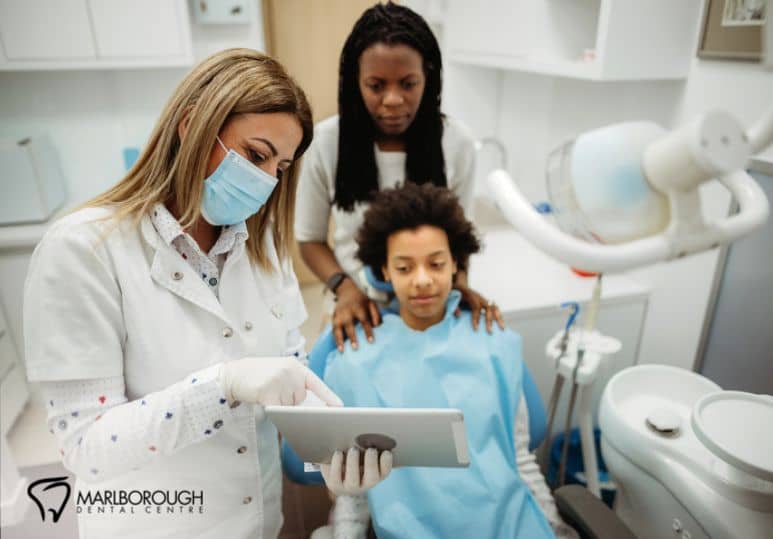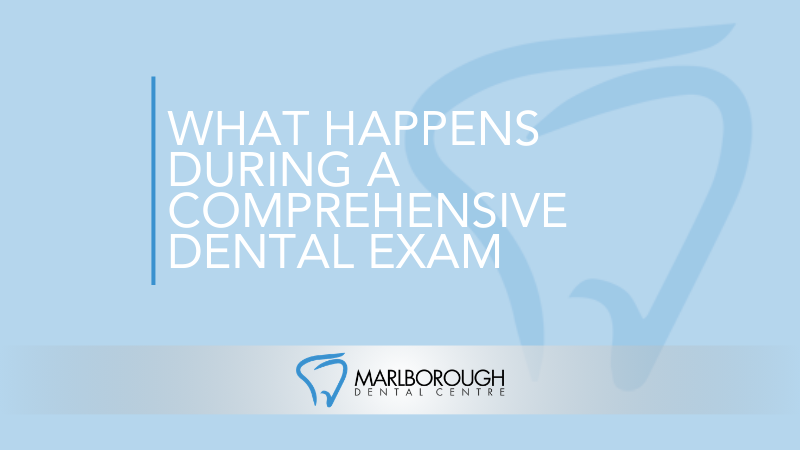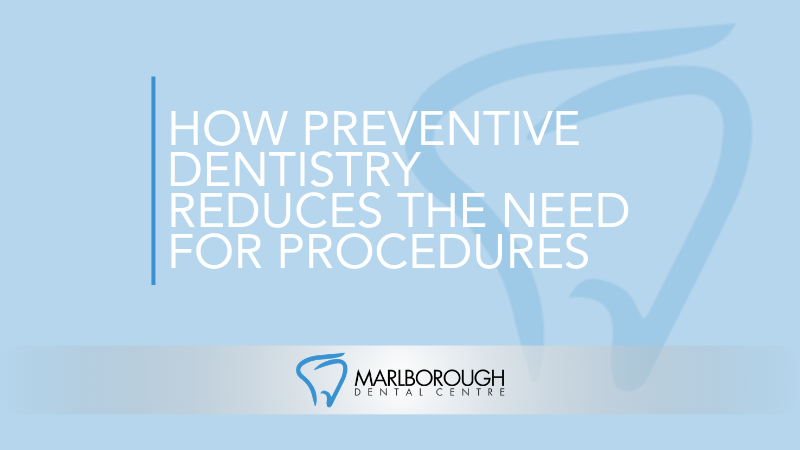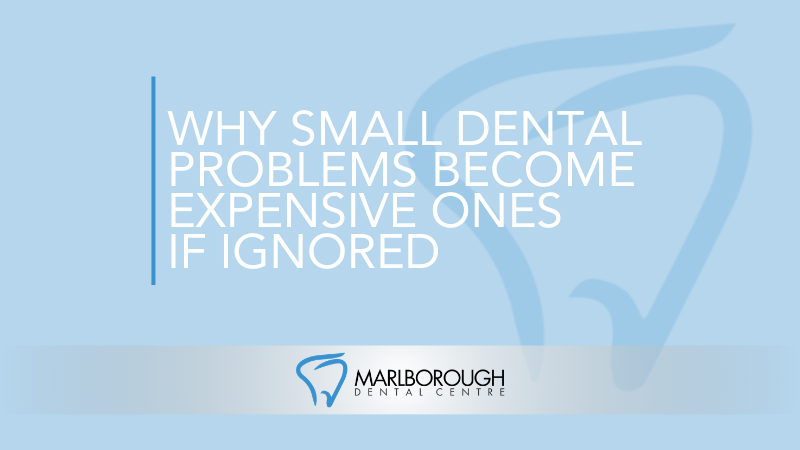Learn About Family Dentistry By Knowing How Your Teeth Differ From Your Child’s
Number
Most adults have about 32 permanent teeth, whereas babies only have 20. This is largely due to the smaller amount of space available in the mouth when we are children. Once the jaw grows larger, there will be more room for adult teeth to grow in. Because of the difference in the number of teeth, parents shouldn’t worry if their child has gaps between their baby teeth, as this will likely be remedied as their adult teeth begin to grow in.
Size And Shape
Humans need teeth from a very young age, but our mouths are not large enough for our permanent teeth when we are young children. This is why we develop two sets of teeth in our life. Not only are adult teeth larger than baby teeth, but they are also different shapes to serve different purposes. Adult teeth have more ridges on them, which help the teeth erupt from the gums as children age. Adult molars also have deeper ridges than baby molars. Adult incisors have more rounded edges, whereas baby teeth tend to be very square and flat.
Function
Baby teeth are meant for chewing just as adult teeth are, but they also serve another purpose. Baby teeth act as a placeholder in your mouth until your jaw grows and you have enough space for adult teeth. Because baby teeth act as a placeholder, if the baby teeth never develop or if they fall out too soon, this can cause issues later. If your child is missing baby teeth, the spacing of their teeth may become skewed and they may require braces or dental surgery later in life.
Composition
Baby teeth are less durable than adult teeth. Adults and babies both have a layer of enamel on the outside of their teeth but this layer of enamel is thinner on baby teeth. The thicker enamel on adult teeth adds a protective hard layer that increases strength and cavity protection. Because the enamel on baby teeth is thinner, children are more at risk of chipping their teeth and developing cavities than adults are. Because their teeth are not protected as well as adults, children need healthy oral care habits to fight off cavities.
Colour
Baby teeth tend to be very white compared to adult teeth. As adult teeth grow in, they may look less white than the other teeth, but this is completely normal and it will look right once the other adult teeth come in.
Keep Everyone Smiling With Family Dentistry
Taking the whole family to the dentist for bi-annual teeth cleanings and check-ups helps to keep baby teeth and adult teeth healthy. Family dentistry lets you know exactly what is happening with your child’s teeth while also teaching you about your own, so you can be informed about the oral health of your whole family. Whether you’re interested in comprehensive dental care for children or adult dental exams, family dentistry from Marlborough Dental centre can take care of the oral health of everyone in your family. To schedule a dental exam and cleaning, call Marlborough Dental Centre at 1-403-248-2066 or fill out the online contact form.
FAQ
Q: Are dental visits for children important even though baby teeth will eventually fall out?
A: Yes, oral health is important at all times in your life. Baby teeth are even more susceptible to cavities than adult teeth and children are less likely to do a thorough job of cleaning their teeth, so regular checkups and cleanings are very important. And regular at-home oral health care is also vital since children’s oral health can actually impact your child’s overall health and their oral health in adulthood.
Q: When should my child visit the dentist?
A: You should book your child's first dentist appointment when they reach the age of 1 year old or when they get their first tooth.
Q: When should my child start losing their teeth?
A: Children should lose their baby teeth between the ages of 6 and 12. If your child is over 12 and still has one or more baby teeth, visit Marlborough Dental Centre in NE Calgary to schedule a dental exam and determine the proper course of action.




